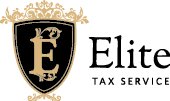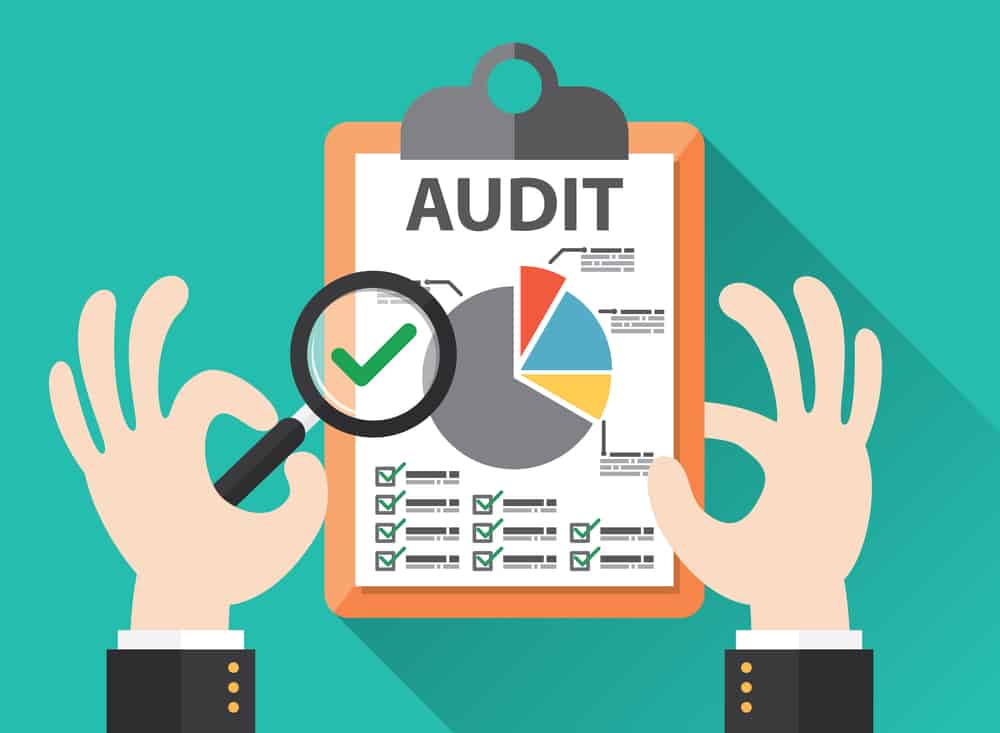I am sure we have all been there. We go to our mailbox and what do we see waiting for us? That brown envelope from the Canada Revenue Agency (CRA). Your mind starts to race… you filed your taxes months ago and received your Notice of Assessment. What could they possible by sending you?
You open the envelope and you see who have been selected for an audit. The big scary word. Audit.
However, if CRA is fact checking your tax return not to fret, as audits are an important part of the CRA’s range of activities aimed at making sure the tax system is fair for everyone. Audits are random, unless your account has been flagged for past issues, and is fairly routine. Usually CRA is asking about a claim that you made on your tax return and wants to ensure that you indeed were allowed to make the claim. The most common ones we see are for tuition claims, medical expenses, donations and for business owners and landlords’ owners expenses claimed against the income earned.
Most taxpayers comply with the tax laws in Canada. The CRA’s auditing processes help to maintain public confidence in the fairness and integrity of Canada’s tax system.
If your file has been chosen for an audit, the CRA has information available to help you with the audit process.
The process is fairly simple. Simply provide proof to the CRA representative indicated on your letter and within a few weeks CRA will respond with their result: file is closed, perhaps you are getting an additional refund do to unclaimed credits, or you may owe if what claim and the proof you submitted doesn’t add up.
Here are some tips to ensure you are getting every penny when filing your taxes
Don’t miss deductions
Many times we see clients were unaware they can claim certain deductions and credits. The most common that are missed include: child care expenses, medical expenses for themselves and eligible dependants, premiums paid on a private health insurance plan, donations, unused RRSP contributions, this year you can claim the subscription fee if you subscribe to an online news provider.
For businesses, don’t forget to claim accounting and legal fees, as well as expenses related to home-based business and vehicle expenses.
Stay Organized
Accurate, detailed record-keeping all year-round is another must.
Avoid audit red flags
To avoid that dreaded audit make sure you keep an accurate record of any expense that can blur the line between business and personal. Many of our clients can claim work from home expense or even vehicle expenses if they use their vehicle for work. When it comes time to claim the business portion of the vehicle, having a log of dates and kilometres driven for work will help your case if you get audited. Simply estimating the amounts used for work versus personal may cause you to overstate the business expense, this can give you exposure to an audit.
As my last point stated, accurate and detailed record-keeping will ensure you never have an issue should you find yourself faced with an audit.
Don’t mix personal and business
Try your best to keep personal and business expenses separate, try to have separate credit cards and bank accounts so that its easy to keep track. While it may seem like an extra step it can make your life a lot easier when adding up your expenses and can help you if you do get audited
At the end of the day, don’t fear an audit. Its fairly routine and most of the time fairly painless. The last piece of advice I can leave you with is, if you do get audited don’t delay, as CRA usually gives 30 days to respond to them and by not responding CRA will assume your claim is incorrect and will automatically re-assess you. Responding promptly is always your best bet.

